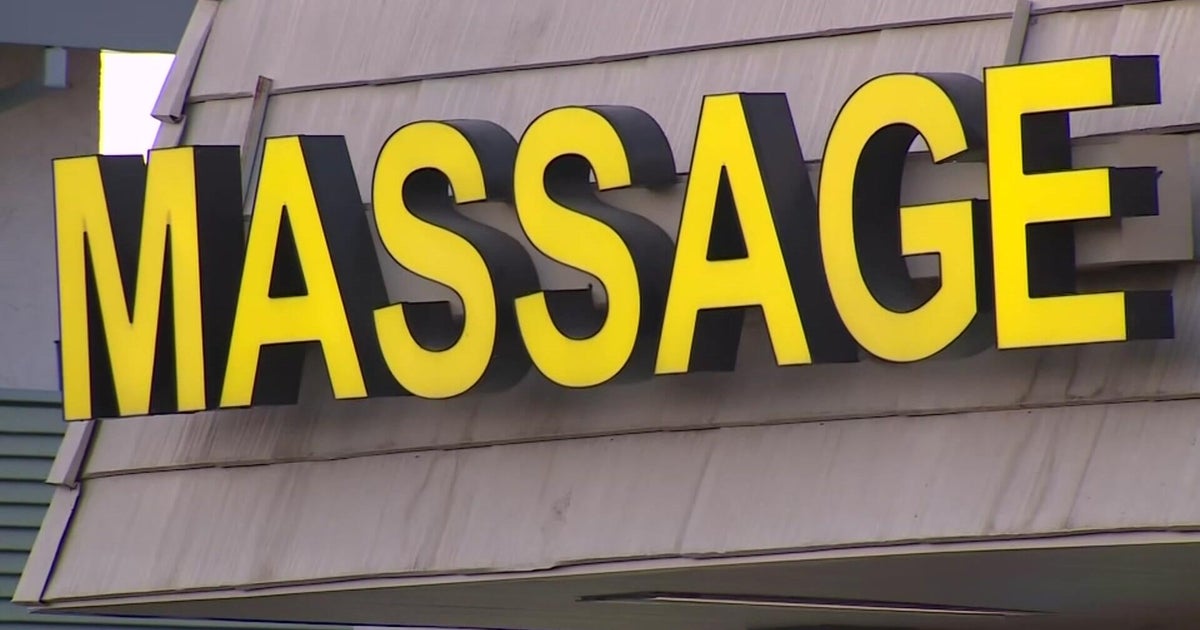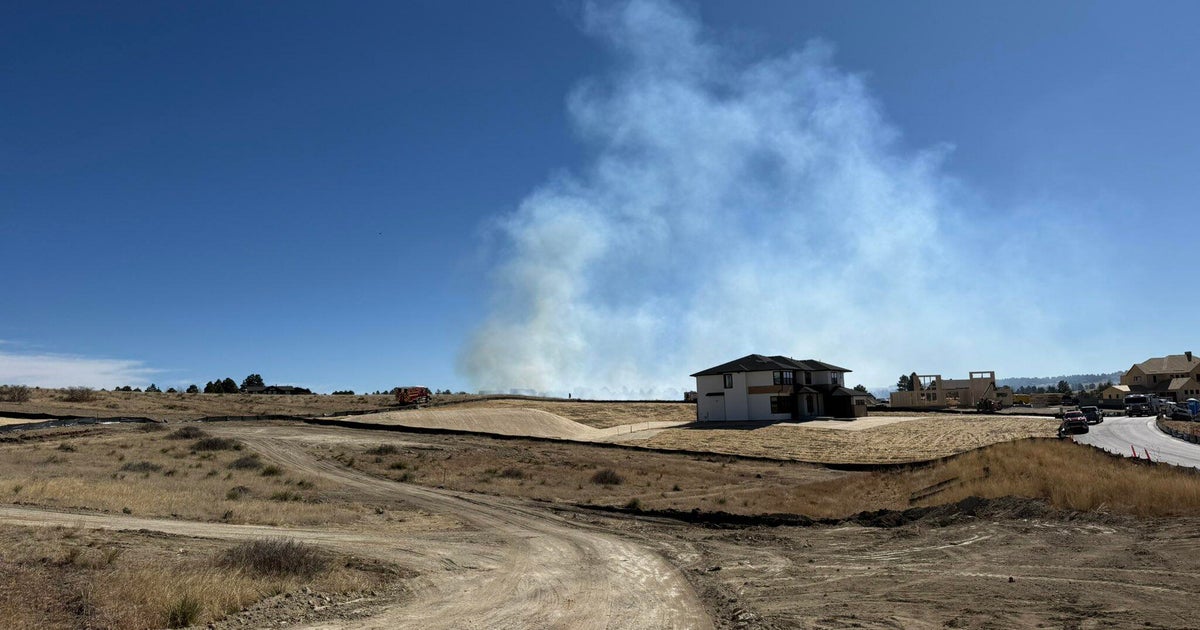SEC signals shake-up of equity market rules
A wide-ranging overhaul of the rules governing equity markets, including tougher controls on high-frequency traders, is being weighed by the Securities and Exchange Commission in the wake of the May 6 "flash crash", the agency's head said.
Mary Schapiro, SEC chairman, on Tuesday sent the clearest signal yet that the regulators intended to shake up the rules governing market participants' obligations, which pre-date the rapid growth of high-frequency trading. Requirements for high-frequency traders to maintain liquidity in stocks and to avoid aggressively driving prices down are being considered, along with curbs on "quote stuffing" and revised controls to weed out aberrant orders, she said.
The SEC is also reviewing the regulation of "dark trading venues", where quotes are unavailable to the public.
In a speech to the Economic Club of New York, Ms Schapiro dismissed suggestions that the events of May 6 were an aberration. Instead, she said the flash crash had highlighted "serious questions and concerns" raised by the transformation of market structures over the past decade.
Immediate rules imposed by the regulators following May 6 – including new circuit breakers to stop trading in stocks where prices move rapidly – were "likely not sufficient" to address broader concerns about investor protection, Ms Schapiro said.
She cited the "troubling" withdrawal of mutual funds from equity markets after May 6, saying retail investors had lost out from the $2bn of stop loss orders – orders to sell at a specified price – triggered during the 30-minute price gyrations on May 6.
High-frequency traders faced tougher rules on a number of fronts, Ms Schapiro suggested. Many high-frequency firms cancelled 90 per cent or more of the orders they submitted to the markets. While there might be reasons for many cancelled orders, she said the SEC was considering a rule requiring a minimum "time-in-force" for quotations. She also confirmed that the regulators were "looking carefully" at whether there were grounds for fraud investigations related to "quote stuffing" – placing a high volume of orders that were then cancelled almost immediately.
The SEC chairman raised the question of whether high-frequency traders – many of whom fall outside the market-makers regime – should have obligations to provide liquidity and promote fair markets, echoing the requirements that used to apply to the most active market participants.
"The issue is whether the firms that effectively act as market makers during normal times should have any obligation to support the market in reasonable ways in tough times," she said.
Ms Schapiro said the agency was also revising the circuit breakers put in place after May 6, to include some form of "limit up/limit down" mechanism.
Copyright The Associated Press 2010







